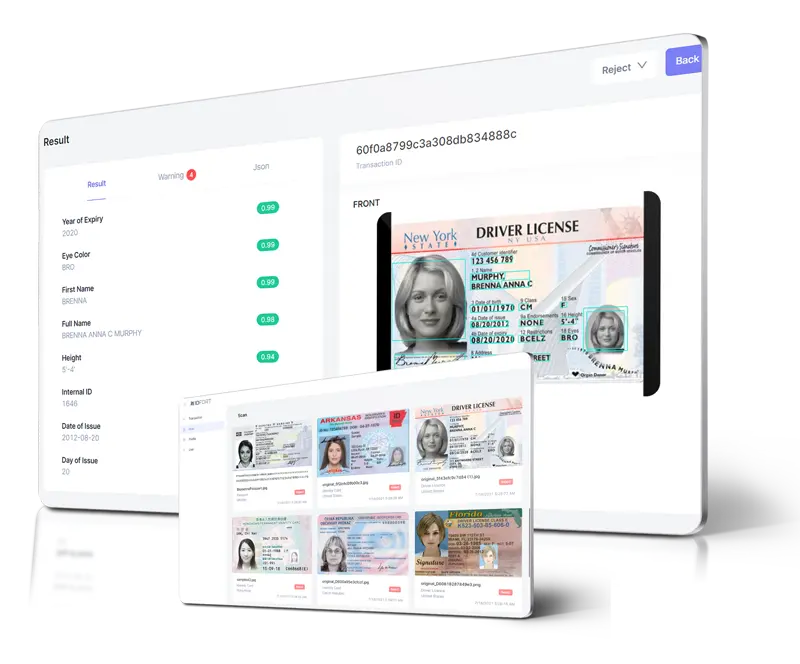identity verificaiton is frequently an underrated but essential facet of maintaining road safety. With path incidents sales for around 1.3 million deaths internationally every year, based on the Earth Health Company (WHO), ensuring drivers are precisely licensed can somewhat decrease the dangers connected with untrained or fraudulent drivers. That blog considers the importance of certificate proof and its impact on safer roads.

What's Operating Certificate Proof?
Operating license affirmation is the process of canceling the reliability of a driver's license to guarantee the owner is legally permitted and qualified to use a vehicle. This can include examining factors such as the license's issuance details, conclusion date, and whether it suits formal government records.
When confirmation is omitted, it offers options for people with falsified permits to try the roads, getting themselves and others at risk. A study by the Insurance Study Council exposed that approximately 13% of U.S. motorists were uninsured in 2019, showing an important number of unqualified drivers who bypass legitimate procedures—lots of whom probably perform on artificial or invalid licenses.
The Position of Proof in Stopping Accidents
Trusted evidence functions straight handle one of the leading factors behind traffic accidents–careless or new driving. Data from the National Freeway Traffic Safety Government (NHTSA) shows that individual mistake accounts for 94% of traffic crashes. Ensuring all owners match the necessary requirements through license verification measures can considerably lower that number.
As an example:
• Terminated permits usually suggest the driver hasn't undergone mandatory checks or medical evaluations.
• Fraudulent permits can disguise people with prior DUIs, hit-and-runs, or suspensions, enabling unfit owners to come back to the highways undetected.
By definitely cross-checking licenses with sources all through routine checks or major investigations, authorities can recognize and sanction such risks before they escalate.
Bigger Implications for Community Safety

Beyond lowering accidents, license verification is needed for fostering better societal standards. Confirmed people are prone to obtain appropriate training, understand traffic rules, and follow responsible street behavior. Fundamentally, that creates an atmosphere wherever both pedestrians and different motorists feel safer.
Ultimate Thoughts
Operating license proof is not just a bureaucratic necessity—it plays a critical role in creating safer roads. Authorities and owners likewise should treat it as a non-negotiable part of fostering accountability and reducing preventable fatalities. By prioritizing real permits, we all contribute to a better, more responsible operating culture.
